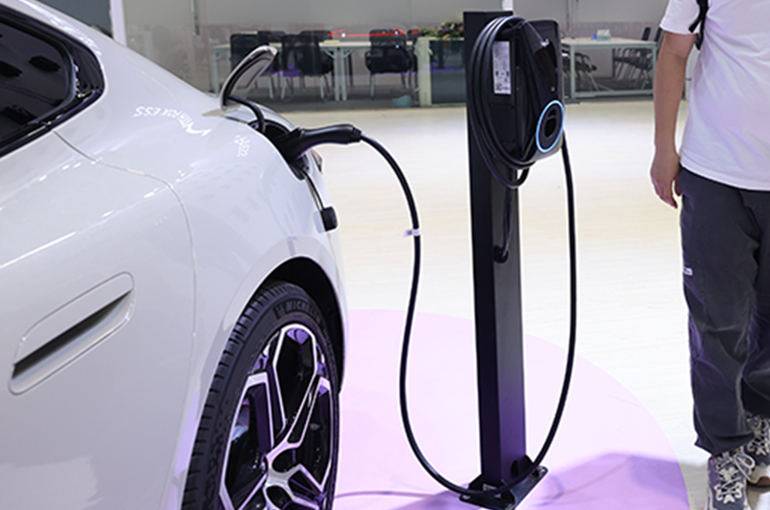Select Language:
The new energy vehicle (NEV) sector was notably absent from the list of strategic emerging industries in the recommendations for China’s 15th Five-Year Plan, marking the first time since the 12th Five-Year Plan (2011-2015) that this industry was not explicitly highlighted, raising questions about its strategic priority.
The official guidelines released on October 28th urge accelerated development of strategic emerging industry clusters, which include new energy, new materials, aerospace, and low-altitude economy sectors. The plan, covering the period from next year through 2030, was adopted at the Central Committee’s fourth plenary session on October 23rd.
Industry experts note that the NEV industry has reached a mature phase after years of growth, establishing strong global competitiveness. A director at North China University of Technology’s automotive innovation center explained that traditional NEV industries are now among the country’s leading sectors.
As the industry matures, resources are increasingly being allocated toward emerging fields that still require significant development, such as the low-altitude economy, innovative materials, and embedded intelligence. Advancements in these areas are expected to further boost China’s technological edge and facilitate industrial upgrades, which will also benefit the NEV industry.
The new plan emphasizes “high-quality development” and refined “structural policies,” shifting focus from broad support to targeted efforts. The goal is to transition the industry from policy-driven to market-driven. Experts believe that achieving a significant leap toward intelligent and connected NEVs will require a long-term vision, prioritizing electrification and smart technology breakthroughs. They also stress the importance of policies to prevent hasty or redundant expansion.
To strengthen supply, measures should aim to enforce stricter entry requirements and safety oversight. On the demand side, initiatives like trade-in programs and tax incentives for buyers should be effectively implemented, alongside establishing capacity warning systems to facilitate regulatory oversight.
The Ministry of Industry and Information Technology plans to develop a dedicated strategy for the intelligent connected NEV industry as part of its 15th Five-Year Plan. This initiative aims to foster deep integration of artificial intelligence with automotive manufacturing and focus on technological breakthroughs in next-generation electronic architectures, high-performance computing chips, and other core areas.
NEV sales in China continue to surge, with September recording record-high adoption rates—53.5% at wholesale and 57.8% at retail—according to industry data. Additionally, over 60% of passenger vehicles equipped with driver assistance features are now on the market, reflecting rapid growth in connected and intelligent vehicle technologies.







